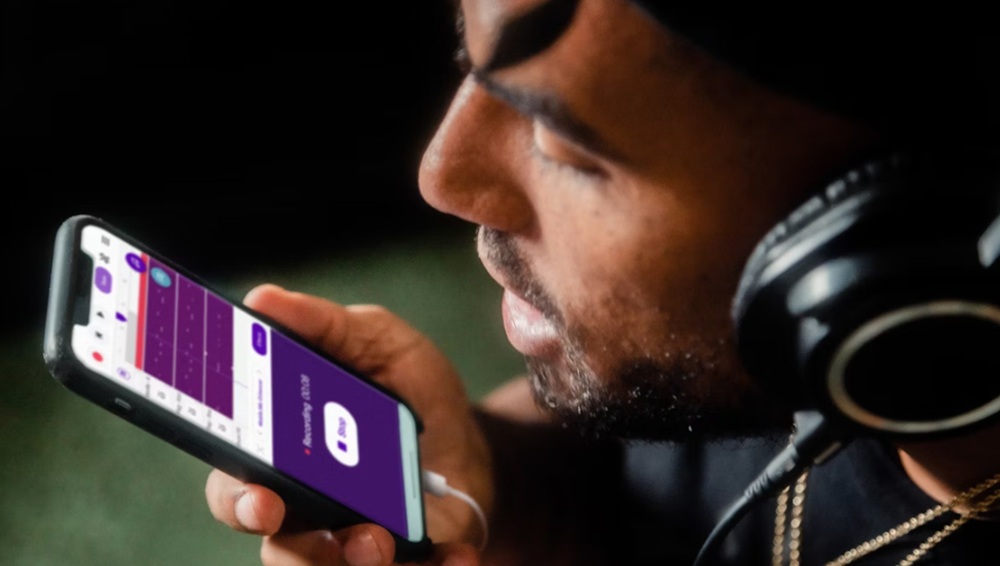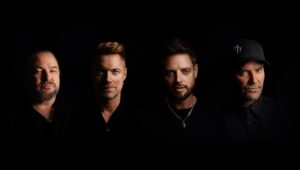Anatomy of a Hit Song in the Digital Age
5 min read
What makes a song a “hit” today isn’t what it was even a decade ago. The digital age has transformed not only how we consume music, but also how it’s created, promoted, and monetised. Where once a track’s success depended heavily on radio airplay, label deals and chart positions, today’s hits often begin life on TikTok, in Spotify algorithm loops, or via a clever sync on a Netflix series.
It’s no longer just about melody and lyrics — though those still matter. Now, success also hinges on algorithms, timing, viral potential, and the ability to cut through an oversaturated landscape. In many ways, music creation has become more democratic. But it’s also become more complex.
A Digital Ecosystem Driving Cultural Hits
Music doesn’t exist in a vacuum — and in the digital age, it’s intertwined with every corner of online life. From fashion to food, fitness to fintech, every industry is adapting to rapid digital transformation.
Even areas like entertainment and gaming have morphed dramatically. Consider how influencers now cross over into music careers, or how platforms once reserved for gameplay now host full album releases. The music industry often borrows tactics from digital-first sectors to stay relevant and competitive.
One standout example of digital crossover can be seen in the online gambling world. Specifically, platforms like casinos not on GamStop have utilised similar tactics to music marketing — harnessing online review culture, rapid mobile usability, and micro-personalisation to attract new audiences through options like instant payments and generous player bonuses. Just like music, these platforms thrive in high-engagement, always-online environments where attention spans are short but loyalty can be strong once earned.
Other sectors, too, are learning from music’s new playbook. Consider:
- Fitness apps now incorporate custom playlists and AI-curated beats to enhance workouts.
- E-commerce platforms use trending music in their ads or embed audio experiences into the online shopping journey.
- Fashion brands are launching capsule collections tied to artists or their latest tours, amplifying both industries simultaneously.
This ecosystem creates a space where songs don’t just exist on their own — they live as part of a broader digital narrative.
From Bedroom Studio to Billboard
One of the biggest shifts in recent years is how easily music can now be made. You don’t need a multi-million-pound studio or an executive producer on speed dial. With a laptop, decent headphones, and some know-how, artists are writing, recording and mixing entire albums from their bedrooms.
Hit songs are often born not in pristine studios, but on:
- GarageBand or Ableton setups in shared flats
- Voice notes recorded on phones mid-commute
- Collaborative cloud platforms that connect producers across continents in real-time
Of course, quality still matters. But the barriers to entry have dropped dramatically. Artists now focus just as much on distribution and reach as they do on production. It’s not unusual for the release strategy to be discussed before the song is even finished.
The Algorithmic A&R
In the past, record labels discovered new talent through live gigs, demos and word-of-mouth. Today, the algorithm is the new A&R rep.
Spotify, Apple Music, YouTube, and even TikTok’s “For You” page play critical roles in discovering and elevating talent. A catchy hook paired with a 15-second dance routine can propel an unknown artist into global consciousness within a matter of hours. For some, that can be a blessing. For others, it’s a fleeting burst of fame, difficult to sustain.
There’s also a shift in how success is measured. Traditional chart placements still count, but now so do:
- Stream counts in the first 24 hours
- Number of TikTok videos using the track
- Playlist placements and user saves
- Global virality — how well the song translates across cultures and regions
Songs that perform well in these metrics often attract label attention after the fact. In essence, many of today’s hits go viral first, then get the business deal.
Soundtracking a Lifestyle
A hit today does more than top charts — it soundtracks moments. Whether it’s a track that fuels thousands of reels on Instagram or a chorus used in a viral meme, a song’s cultural footprint is often broader than the charts reflect.
Streaming services know this well, and they design their platforms around it. Curated playlists like “Songs to Sing in the Shower”, “Late Night Vibes”, or “Coding Beats” reveal how deeply integrated music has become in daily life. The modern hit, then, isn’t just heard — it’s lived.
This has led to a rise in songs being written or edited specifically for TikTok or Instagram. Short intros, rapid hook delivery, and “loopability” are all factored into the writing process. Music is now made for virality as much as for radio.
The Human Touch Still Matters
Despite the overwhelming influence of algorithms, analytics, and trend cycles, one thing hasn’t changed: the human connection. Emotion remains the most powerful driver of a hit. Whether it’s a lyric that cuts deep, a vocal tone that feels raw, or a beat that just hits right — people respond to authenticity.
In a landscape ruled by data, it’s often the most vulnerable or unexpected songs that break through. A shaky vocal recorded in one take, a rough demo uploaded on a whim — these are the tracks that sometimes become cultural anthems.
Conclusion
The anatomy of a hit song today is both art and science. It’s melody and metadata. Timing and trends. But beneath the surface of streaming stats and social virality, music still holds power. Power to move, to connect, and to stay with us long after the app is closed. In this digital age, that might just be the biggest hit of all.
::: RenownedForSound.com’s Editor and Founder –
Interviewing and reviewing the best in new music and globally recognized artists is his passion.
Over the years he has been lucky enough to review thousands of music releases and concerts and interview artists ranging from top selling superstars like 27-time Grammy Award winner Alison Krauss, Boyz II Men, Roxette, Cyndi Lauper, Lisa Loeb and iconic Eagles front man/songwriter, Glenn Frey through to more recent successes including Newton Faulkner, Janelle Monae and Caro Emerald.
Brendon manages and coordinates the amazing team of writers on RenownedForSound.com who are based in the UK, the U.S and Australia.



